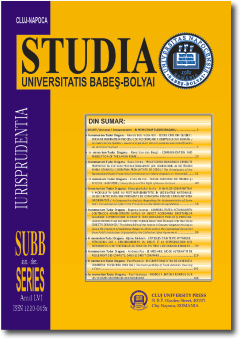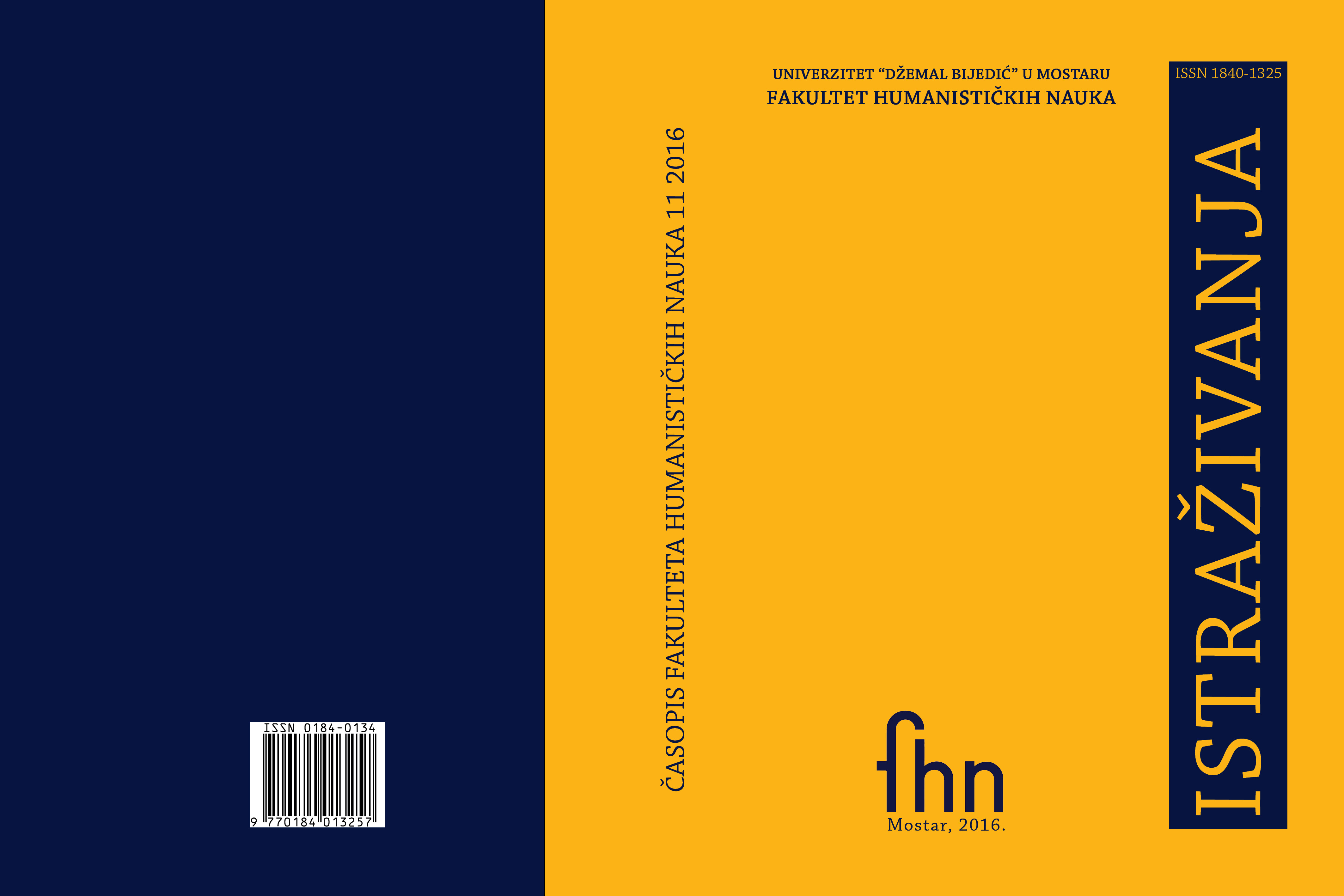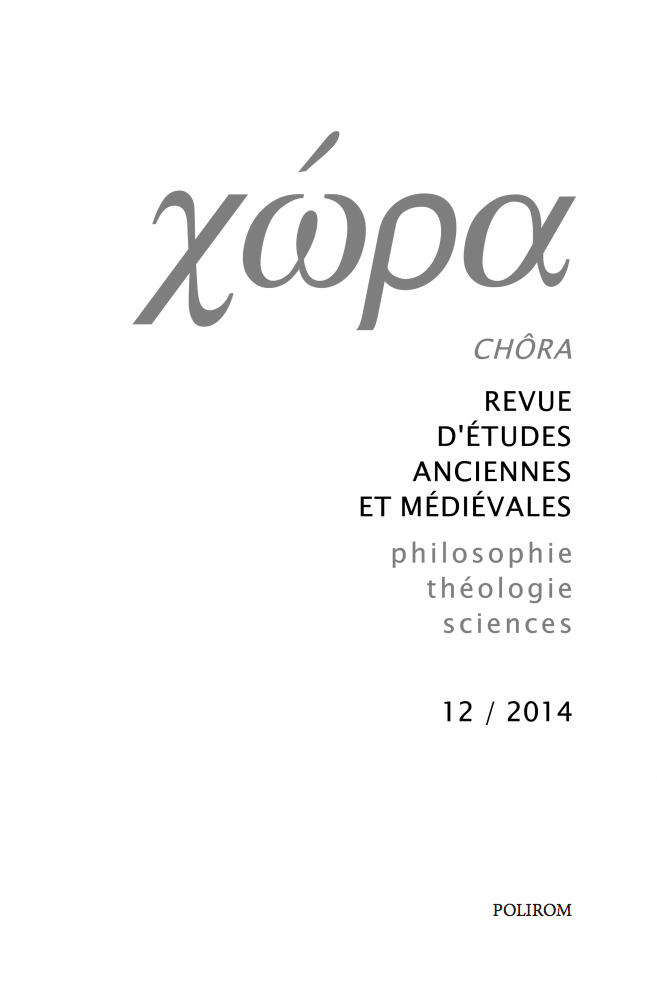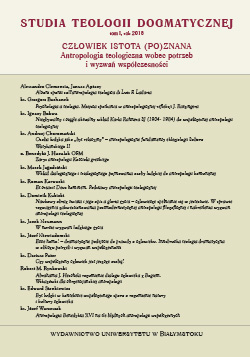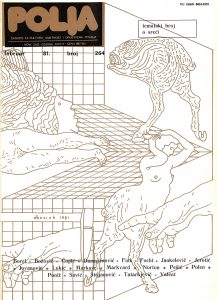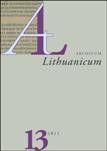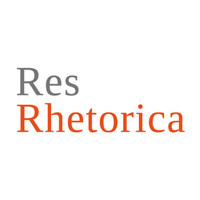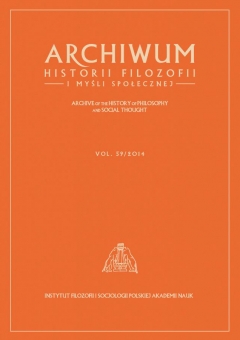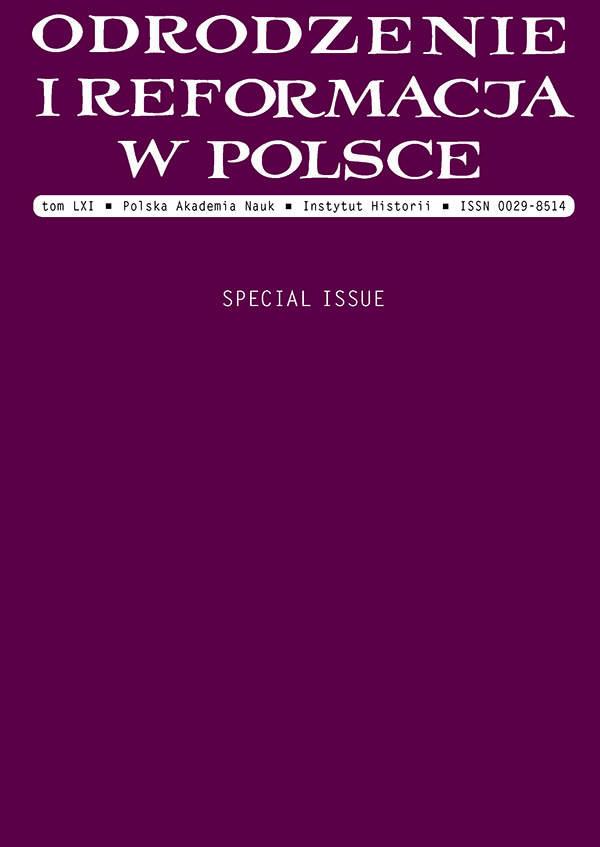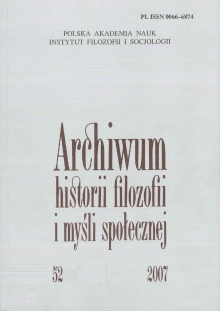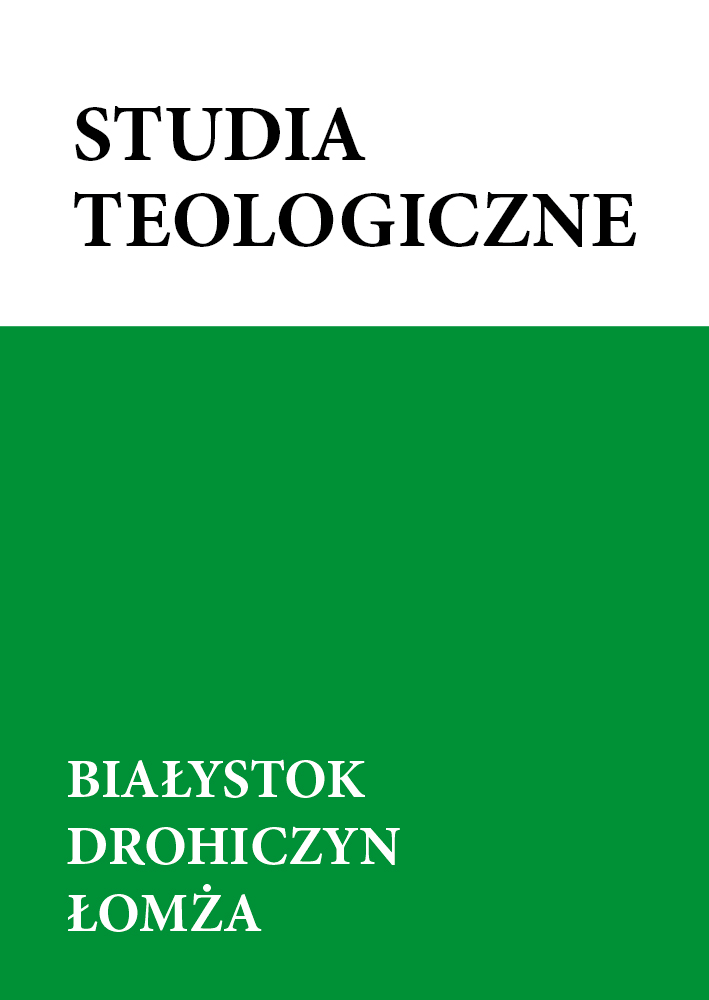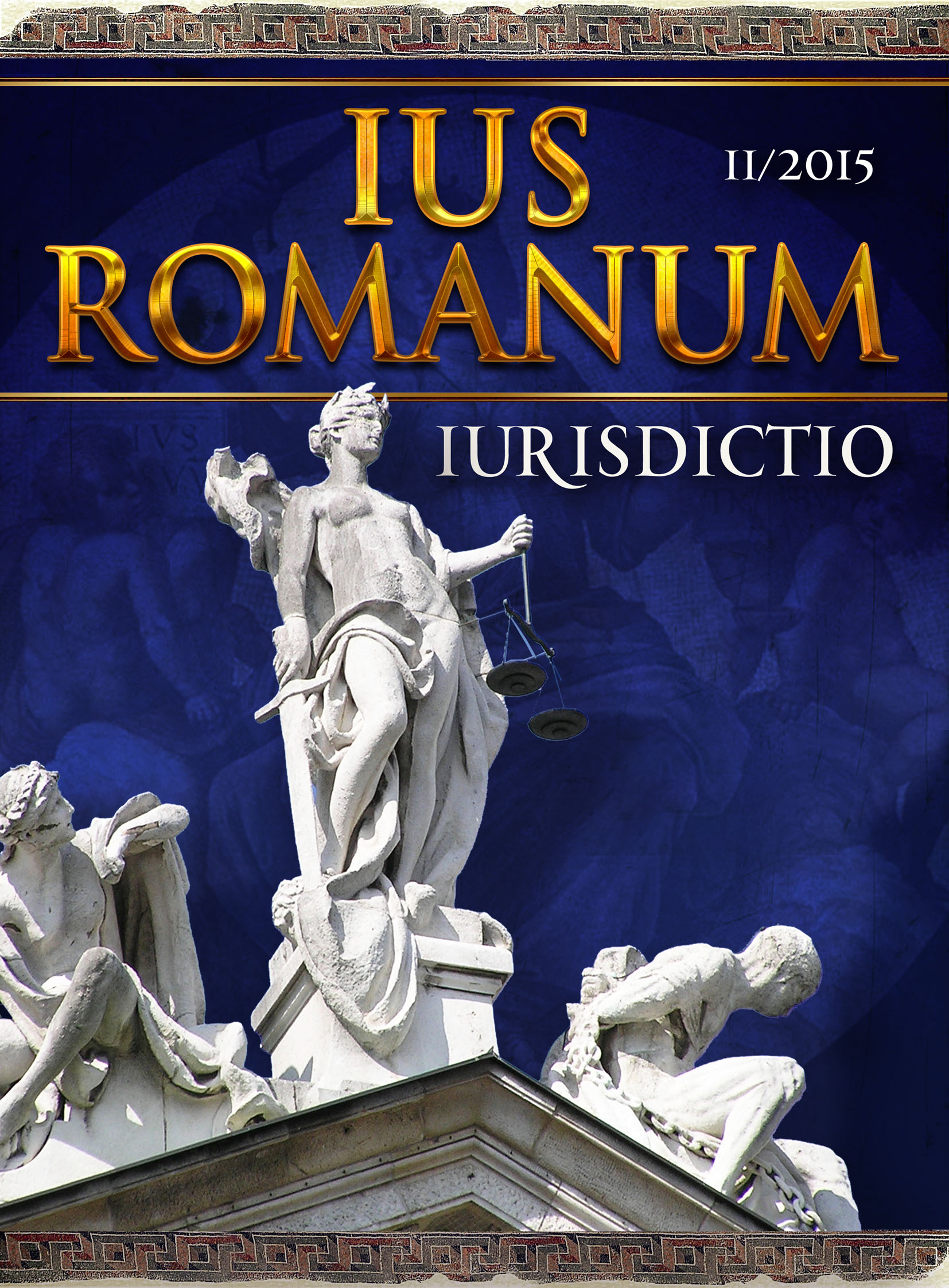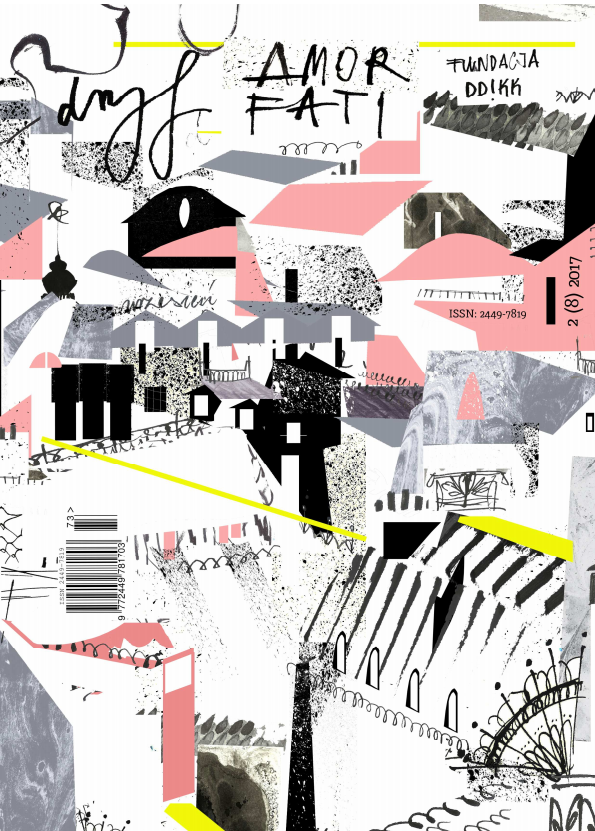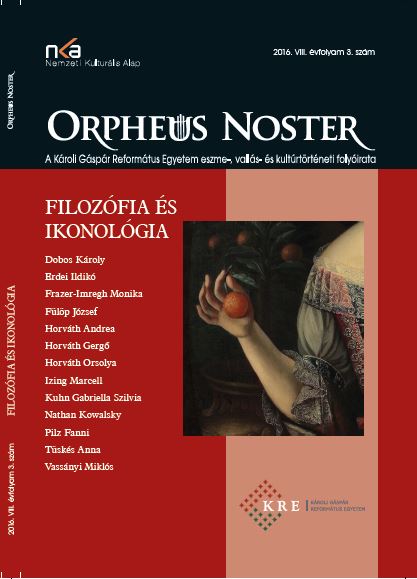Leo Strauss and the Crossroads between Judaism and Theologico-Political Problem
Leo Strauss and the Crossroads between Judaism and Theologico-Political Problem
Keywords: Judaism; political theology; Leo Strauss; redemption; Carl Schmitt
This article explores the problem of Judaism in the oeuvre of Leo Strauss (1899-1973) and particularly in his 1962 conference at the University of Chicago delivered under the title of “Why We Remain Jews”. On one hand, Strauss presents the problem of Jewish assimilation in the light of the tension between Judaism as Revelation and philosophy as a reason-founded discipline. On the other hand, this polarity receives a new interpretation when Strauss reads Jewish history as a theologico-political problem. Strauss’s position is determined by his readings of Arabic medieval philosophy as well as by his acceptance of a post-messianic interpretation of Jewish eschatology. Finally, the text presents the hypothesis about the existence of a debate between Strauss’s view of Jewish history and Carl Schmitt’s conception of the biblical katéchon as the political element that gives sense to Western universal history.
More...
